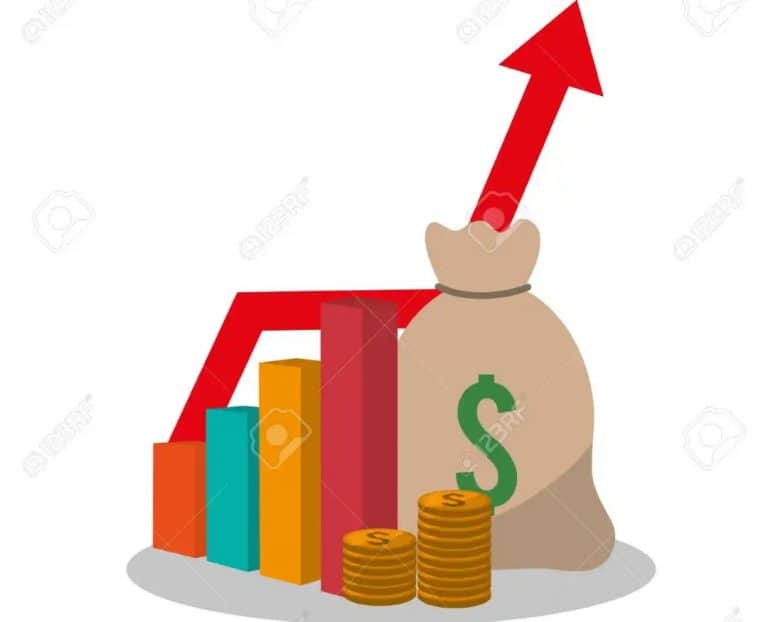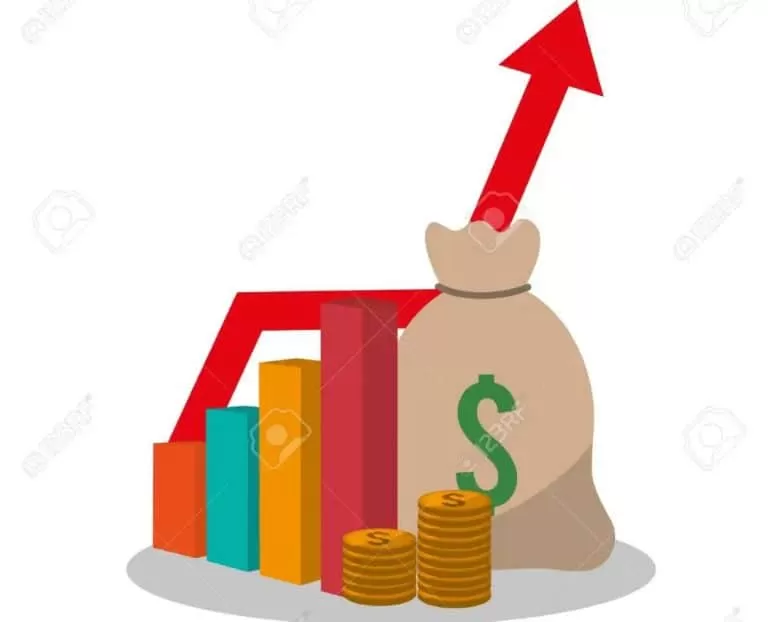

Last updated on September 11th, 2021 at 02:50 pm
Imports from china, Kenya’s biggest trading partner plunged by at least Sh58.64 billion in the first two months of the year as the coronavirus outbreak disrupted the supply chain.
A survey by the Kenya Association of Manufacturers (KAM) shows about 82 per cent source their inputs from china, hence face a direct risk of supply chain disruption.
China alone accounts for about 21 per cent of Kenya’s imports, meaning more than Sh200 billion worth of products may need to be sourced elsewhere or substituted by local production.
We sat down with the Umesh Bhojwani, brand owner at Vision Plus Kenya, a small-scale importer of LED TVs for the local Kenyan market, to understand what it would take for the country to master the art of local production.
Imports from china, Kenya’s biggest trading partner plunged by at least Sh58.64 billion in the first two months of the year as the coronavirus outbreak disrupted the supply chain. How can the business community mitigate the crisis?
I think time has come that a lot of focus and support is seriously given to local production. According to a recent article, Kenya’s import of electronics dropped by approximately 12 per cent as compared to the same period last year. This has come about by lower demand and supply chain challenges.
As we know, many government offices are not working at full capacity and this increases the time taken to clear cargo. Therefore, in the immediate, import processes at the port should be streamlined and some leniency could be given by the government. For example, on port storage costs, KEBS certifications, maybe some intervention by CBK to try and hold the strength of our currency.
For the long term, I appreciate the initiative to reduce vat and income tax for businesses. However, other levies like the KDRL levies and increased excise duties should also be reconsidered.
Importers are taking a hit, from premium prices, forex, duties, taxes, lower margins and even cash flow as credit terms has become a norm in the Kenyan market. If we could work together and reduce the above costs of importing amongst others, it could go a long way.
This is something that is most certainly on the business plan. The investment is quite significant and with the current situation, it may take a little longer than expected.
It would be ideal to bring most of the production/assembly to Kenya but it will have to come in phases. Of course, we look to see what support we can get from the government as it is part of the big four agenda.
(Standardmedia)
The U.S.-based driver training company Zutobi analyzed road safety worldwide and found South Africa stays last in driving danger since…
The Basketball Africa League (BAL) returns for its 2025 season with exciting changes and developments. Since 2019 the NBA-linked basketball…
The Somali president supports their military forces to eliminate the threats from Al-Shabaab, ISIS, and Al-Qaeda. The Somali National Army…
UAE President Sheikh Mohamed bin Zayed Al Nahyan held talks with President Faustin Archange Touadéra of the Central African Republic…
African football teams struggle intensely in the World Cup Qualification rounds to earn their place on the international football stage.…
The journey toward the 2026 FIFA World Cup is rapidly intensifying for all African teams, who now hold a historical…
This website uses cookies.